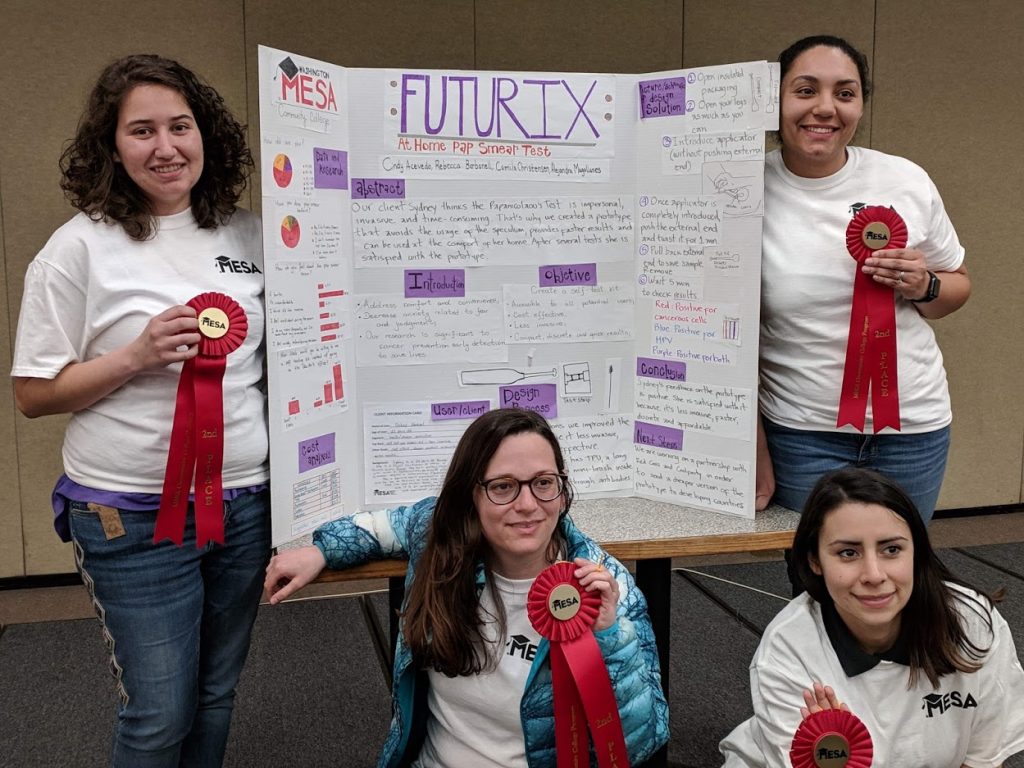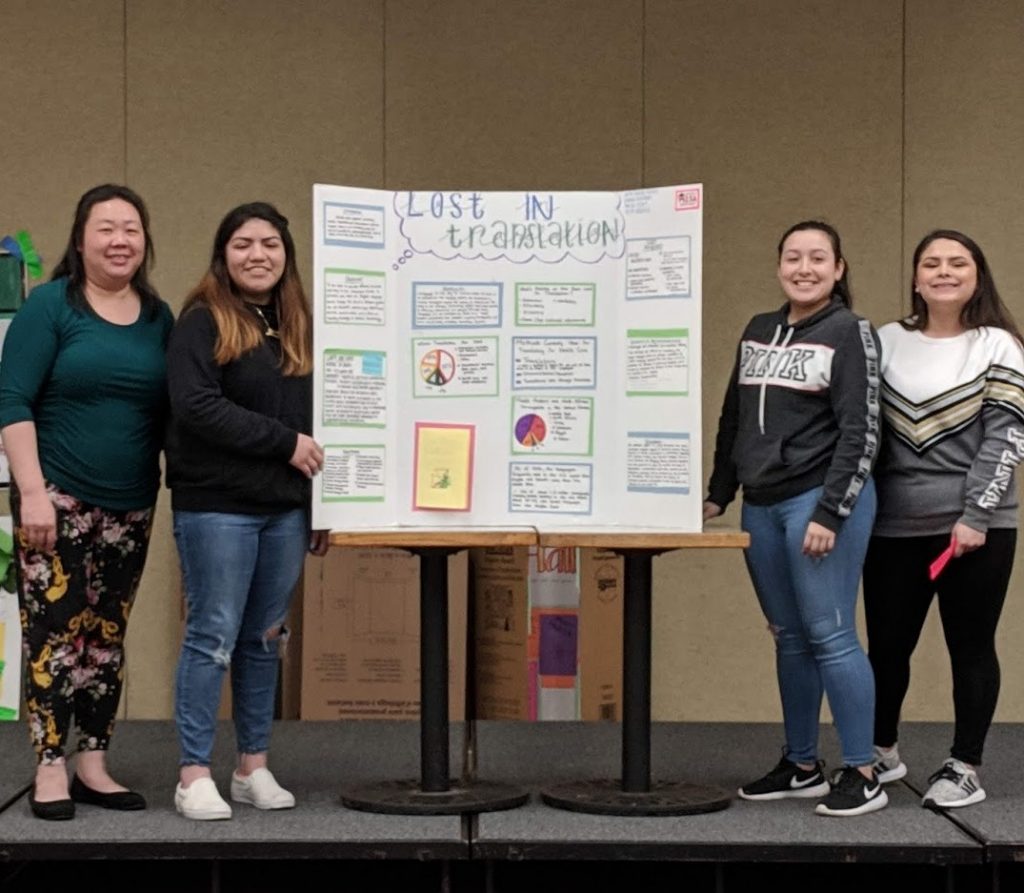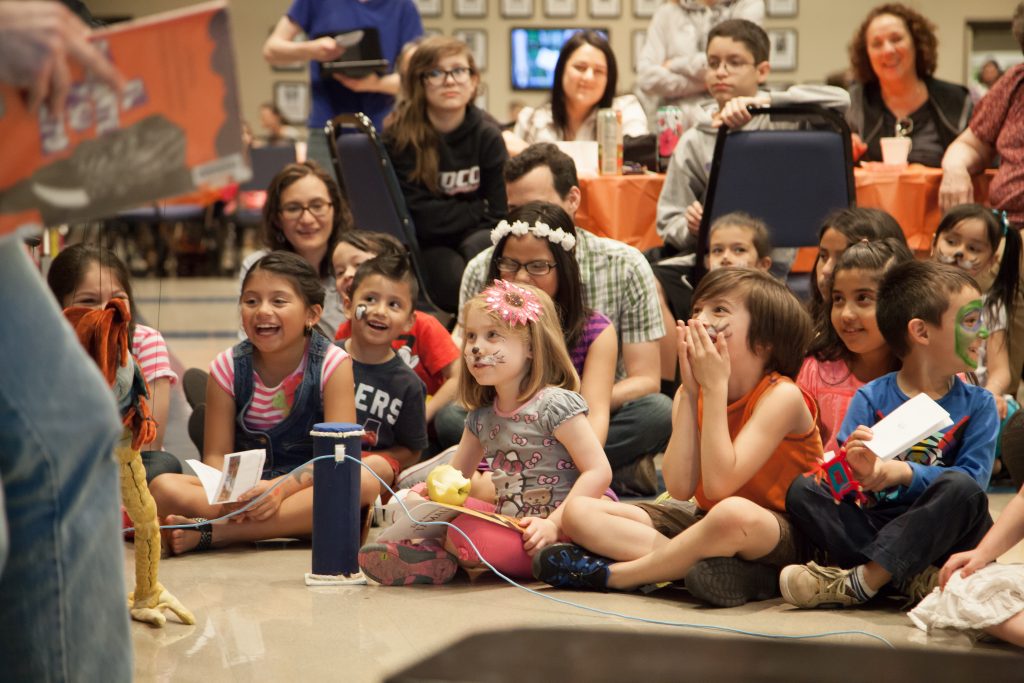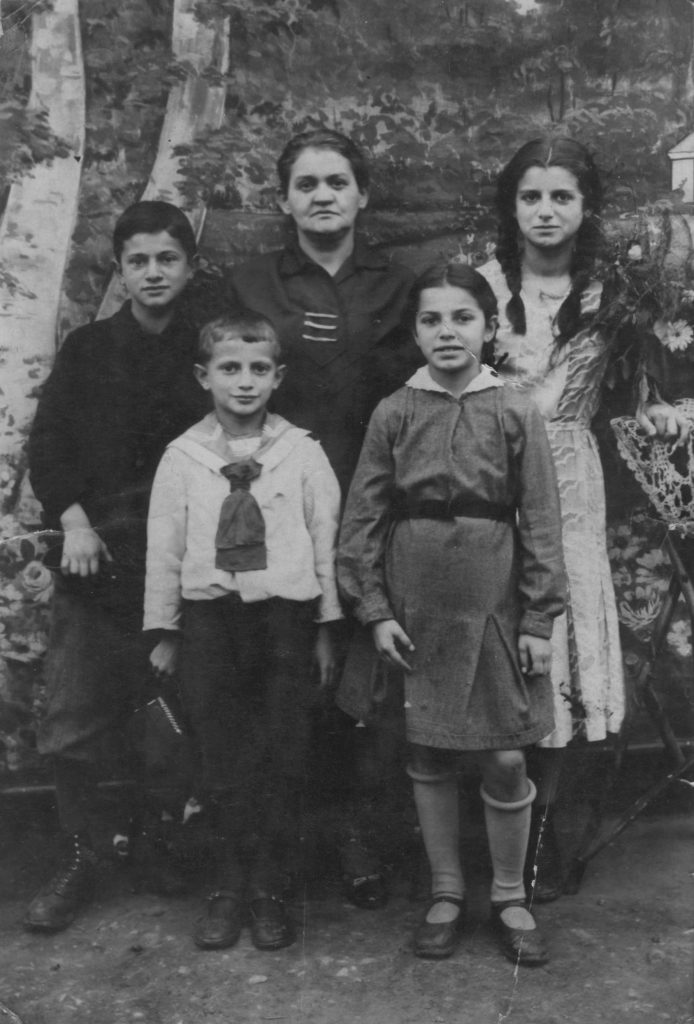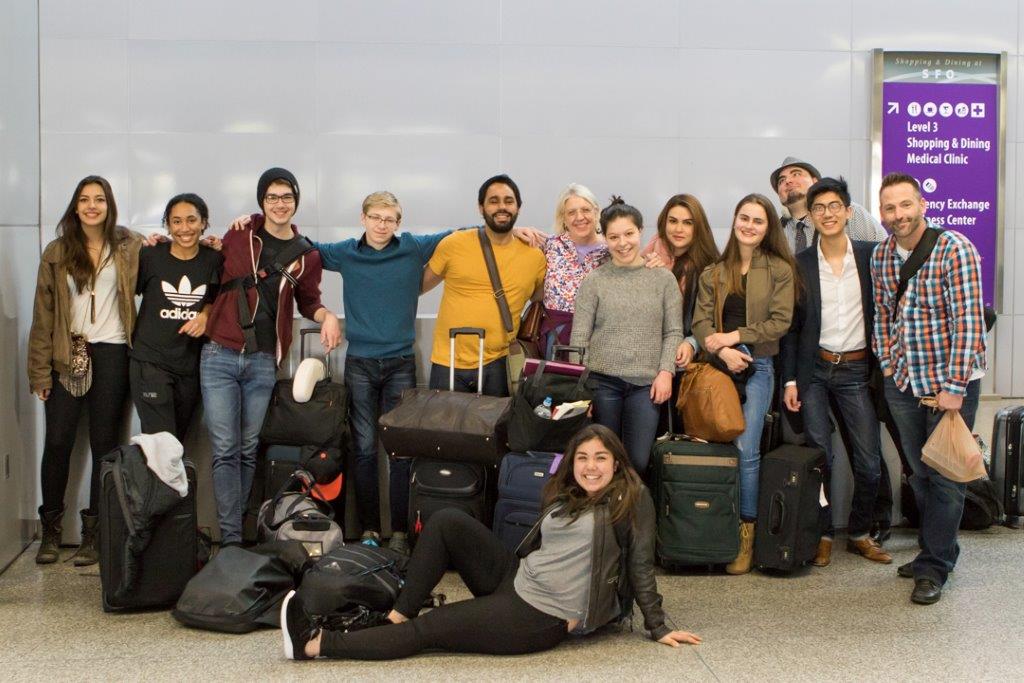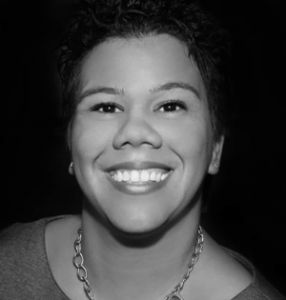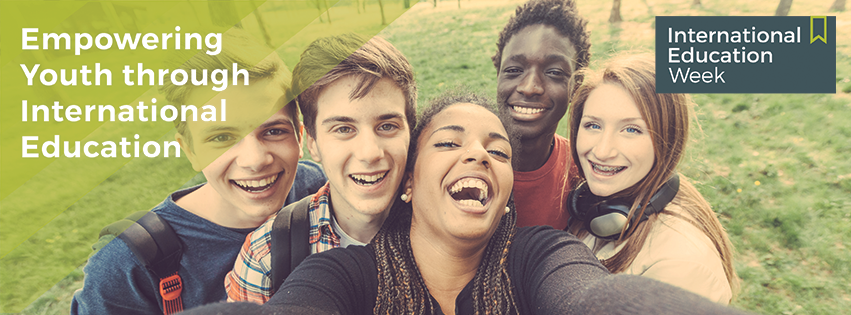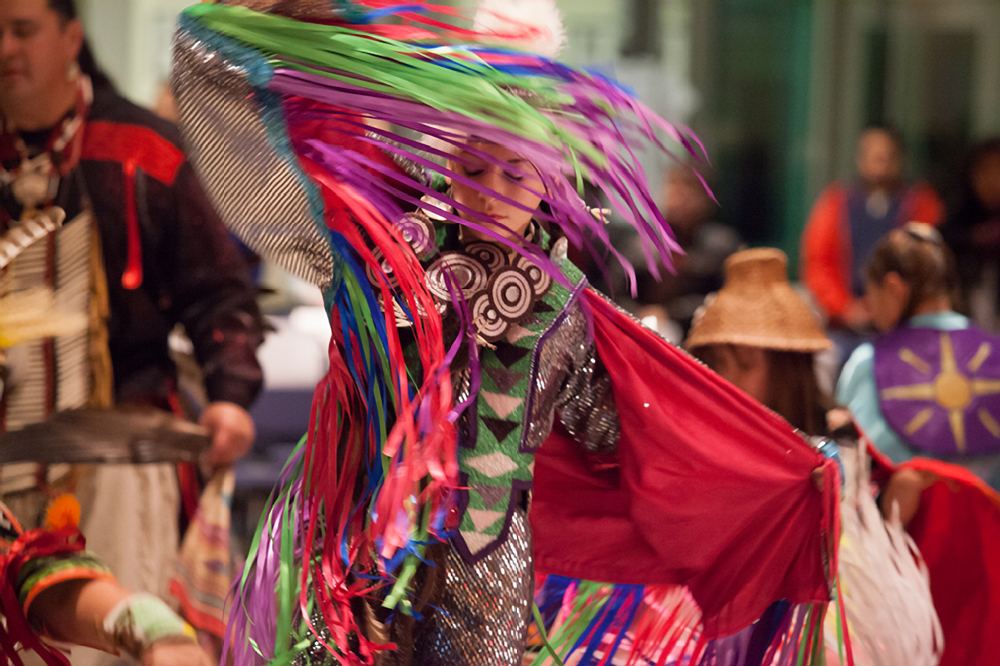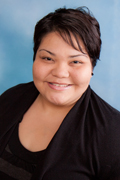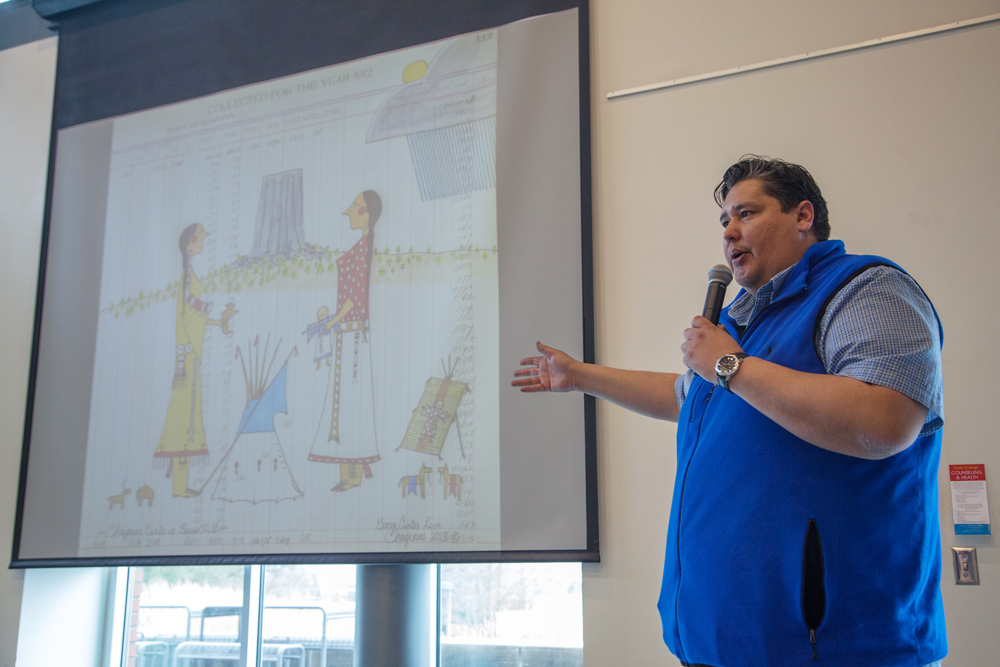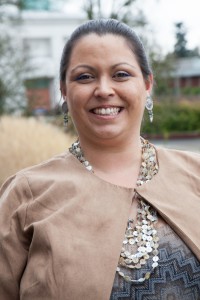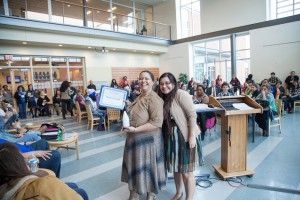Equity work in action: Work-It Wednesdays
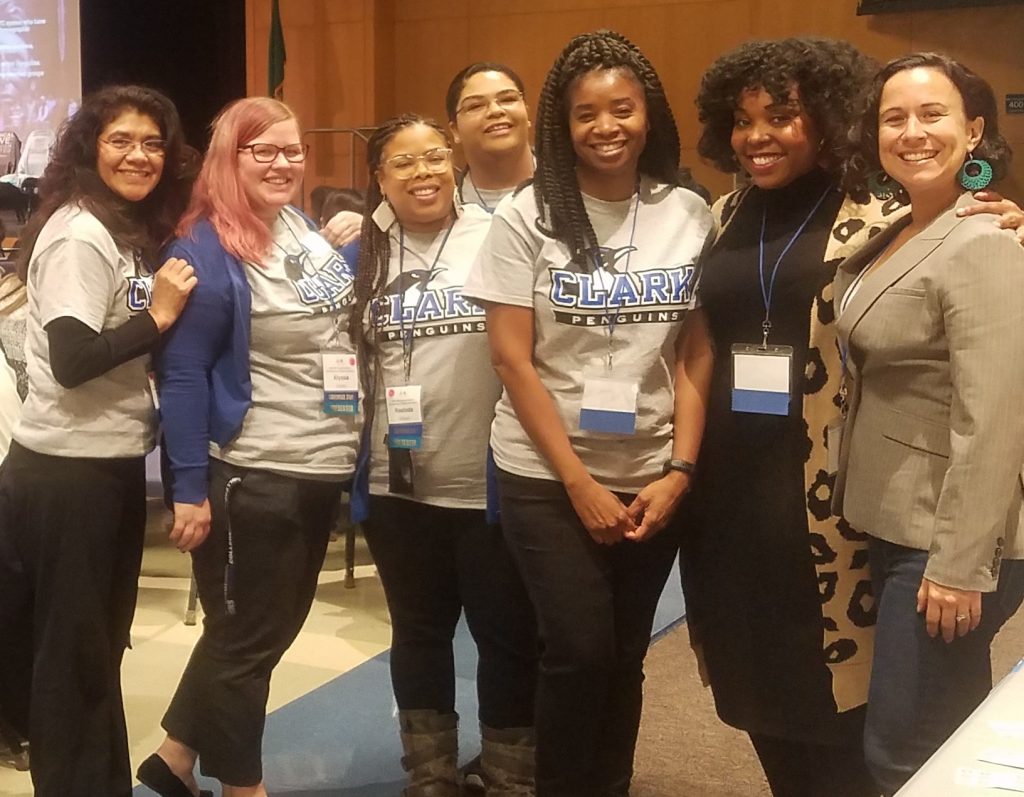
The Office of Diversity, Equity and Inclusion (ODEI) is reaching out to programs and departments at Clark College to offer equity development support and training every Wednesday, calling the program “Work-It Wednesday.” It’s open to all college employees, departments and groups that want help with ongoing equity work. The program is designed to be flexible to help employees infuse equity principles into a program, project, initiative, or effort at any stage in the process.
To better understand the program, we asked early adopters at Clark on their experience with Work-It Wednesday.
At the Library: Connor Cantrell, Interim Resource Sharing Supervisor
Clark College: Can you provide information on the program, project, initiative, or effort that needed ODEI’s guidance/input?
Connor: We met with ODEI multiple times during Summer and Fall 2019 to organize social equity training for our department in the library. All four of the FTEs in our department (Connor Cantrell, Amanda Brown, Tasha Robertson, and Connie Anderson) in the planning and the entire department (including FTEs, 1050s, and student employees) have participated in the training program. It consists of weekly reading and reflection activities and occasional presentations.
Clark College: What was the process? How did it impact your project? What did you learn?
Connor: We originally had planned on a one-time presentation, but quickly realized the program needed to be integrated more closely into our department’s operations. By our second meeting, we had drafted an outline of a presentation designed to set up a weekly reading and reflection activity. Rosalba [Pitkin] attended our October 2019 presentation and provided feedback that informed our future training. Since then, we have met with ODEI several times as we encountered roadblocks. We always left with an equitable solution. As a result, we were empowered to implement a program that fits our department’s needs and connects to the college’s equity initiatives.
Clark College: Did your time with ODEI staff impact your outlook or decision-making for future work?
Connor: Our WiW sessions equipped us with the tools to begin making changes in our workplace. Although we are classified staff, we realized we essentially would be “teaching” our department coworkers and student employees we supervise about equitable practices. We did not feel qualified to take on this teaching role. However, ODEI taught us how to prepare our department for these sometimes-difficult conversations by creating shared norms and how to incorporate active learning principles with our student employees by creating feedback channels during our activities. We have utilized the strategies ODEI gave us to help us engage coworkers in conversations about equitable practices.
Clark College: Would you like to add anything else about Work-It Wednesday?
Connor: We are grateful to ODEI for all their assistance and guidance. Everyone in our department (and many other employees and library patrons) have benefited directly from ODEI’s guidance. Since we started discussing this project in August 2019, both the college and the library have experienced significant and often stressful changes. Leading our discussions and decision-making processes with racial equity has provided clarity and has minimized harm as we navigate these changes and everyday systemic barriers. Additionally, we feel that explicitly affirming our commitment to racial equity and to serving systemically non-dominant folks significantly has improved our workplace, and especially for our student employees.
At Child and Family Studies: Michele Volk, Director
Clark College: Can you provide info on the program, project, initiative, or effort that needed ODEI’s guidance/input?
Michele: We are revising our department’s communication and conflict resolution policy and process for our staff and family handbooks at Child and Family Studies, for accreditation and practical application. Of course, we encourage direct, open and respectful communication. However, like all departments, we often work with people who have many perspectives, a range of experiences, different views and even conflicts. It is important to have a model that encourages a safe space where all voices are heard, valued and respected during a potentially emotional situation.
We started asking for interest and input within our department. Using that input, I reviewed mission and values, researching about conflict resolution and social justice, and began developing our model. Our goal is a conflict resolution modeled that honors all parties and has the potential to repair relationships. I hoped that working with WiW would reduce communication barriers, examine whose voices are heard, and to consider other views and lived experiences. We realized the value in having another lens examine our language. Words matter.
Clark College: What was the process? How did it impact your project? What did you learn?
Michele: ODEI staff are excellent at helping you tease out your goals, the intent, how the policy, procedure or process may be perceived, to consider how it impacts others and possible ways to make it equitable and accessible for all employees. The team asked insightful, reflective questions that spurred us to think more deeply, both individually and collectively. It made me look for systemic barriers within this model and process. And also, to reflect on other policies to consider revisiting, and to seek input from stakeholders. To have three to four people, very knowledgeable, with rich collective experience helped me slow down and work toward a meaningful and equitable policy and process. I look forward to our department’s next step in Fall: rolling out our new communication and conflict resolution policy that supports the values of being in relationship in the early care education setting.
Clark College: Did your time with ODEI staff impact your outlook or decision-making for future work?
Michele: Yes. WiW and the BUILD program have helped me to reflect and to consider how and when my own bias and systemic roots might come into play. This intentional planning helped me put aside the sense of urgency and to focus on being intentional and to consider many more layers than I would have previously. After meeting with ODEI, I also found myself examining language with more curiosity and intent. Going forward, I will use Clark’s equitable decision-making tool as a routine part of my work and decision making at CFS.
Clark College: Anything else you’d like to add about Work-It Wednesday?
Michele: ODEI is a place of learning. They meet you where you are with warmth and genuine care for our work and our impact on students and employees. WiW is a comfortable place to dig into uncomfortable conversations—and to grow our skills and knowledge as staff, instructors, and leaders. Many thanks to Alyssa, Rosalba, D, Melissa, and Rashida for bringing this vital program to campus!
